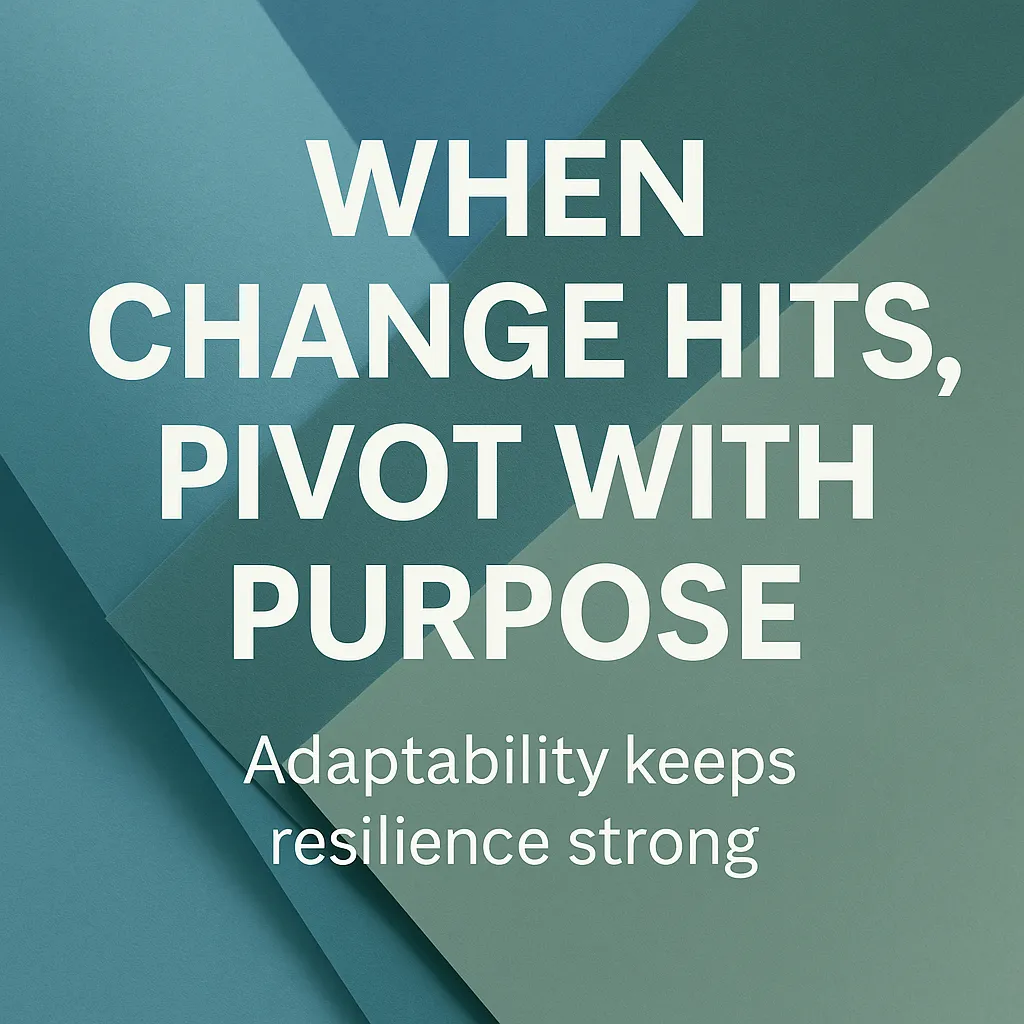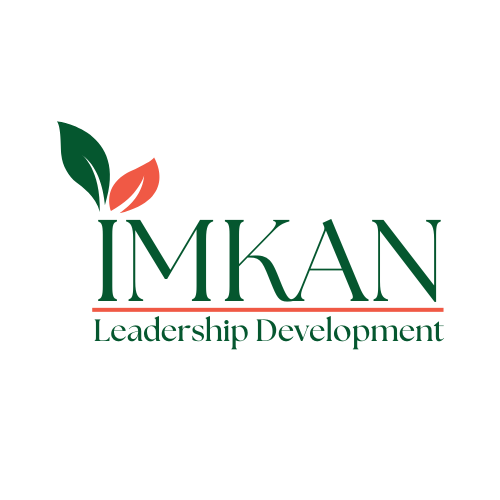
Adaptability Is Your Superpower: How Adapters Stay Steady When Life Shifts
When Plans Change, Adapters Don’t Panic...They Pivot
You know that moment when everything you planned suddenly falls apart?
The meeting gets canceled, the project shifts direction, or a new problem lands on your desk before you’ve finished solving the last one.
That’s where Adapters shine.
While most people freeze or force things to stay the same, Adapters take a breath, assess the situation, and shift with intention.
They don’t see change as chaos, they see it as a call to lead differently.
What It Means to Be an Adapter
Adapters are the strategic navigators of resilience.
They understand that control isn’t about holding tighter, it’s about adjusting faster.
When life or work changes course, Adapters ask:
“What’s still within my control?”
“What needs to be adjusted, not abandoned?”
“How can I stay grounded while everything else moves?”
They don’t just survive change, they read it, respond to it, and redirect their energy toward what matters most.
Real Talk: Adaptability Doesn’t Mean Agreeing With Everything
Being an Adapter doesn’t mean you’re a people-pleaser or that you go along with every new idea.
It means you’re steady enough to adapt without losing your center.
You can pivot without compromising your purpose.
You can stay flexible without becoming fragile.
That balance — flexibility anchored in clarity — is what turns everyday leaders into resilient ones.
Try This: The Adaptability Check-In
When things shift unexpectedly, try this quick mental reset:
Pause and Breathe.
Before reacting, take one deep breath. Calm is your reset button.Ask: What’s really changed?
Often, not everything changed, just one part of the plan. Identify what’s stable and what’s shifting.Prioritize what matters most.
Redirect your energy to the pieces that move the mission forward.Communicate clearly.
Let others know what’s changing and what isn’t, clarity prevents panic.
Repeat this practice anytime you feel thrown off.
Adaptability isn’t about perfection, it’s about presence.

Why It Matters for Leaders
Resilient leaders are Adapters in motion.
They model what calm flexibility looks like, especially when others feel anxious or uncertain.
When you lead with adaptability:
You create stability in times of change.
You build trust because people see you can bend without breaking.
You remind your team that flexibility and focus can coexist.
Adapters don’t resist change, they redefine it.
Which Type of Resilient Person Are You?
If you naturally adjust when things change, you might be an Adapter.
But maybe you’re an Reframer, a Recharger, or a Sustainer.
Discover your type and learn how to grow your specific resilience strength.
🎯 Take the Resilience Style Quiz to discover how you respond to stress and how to lead from your strengths.


